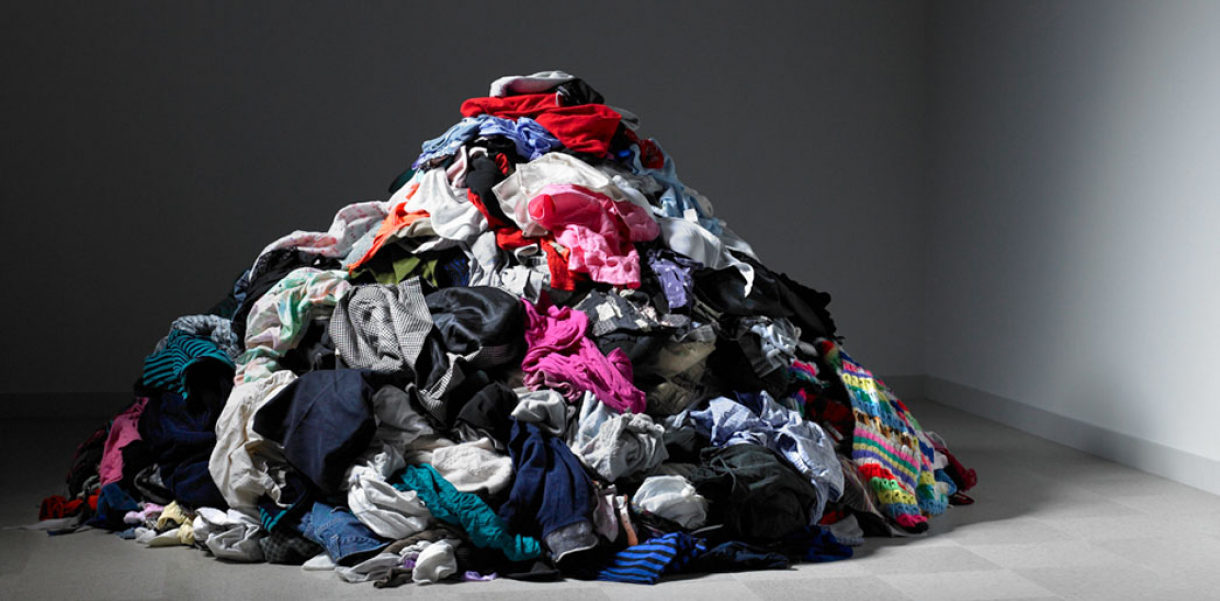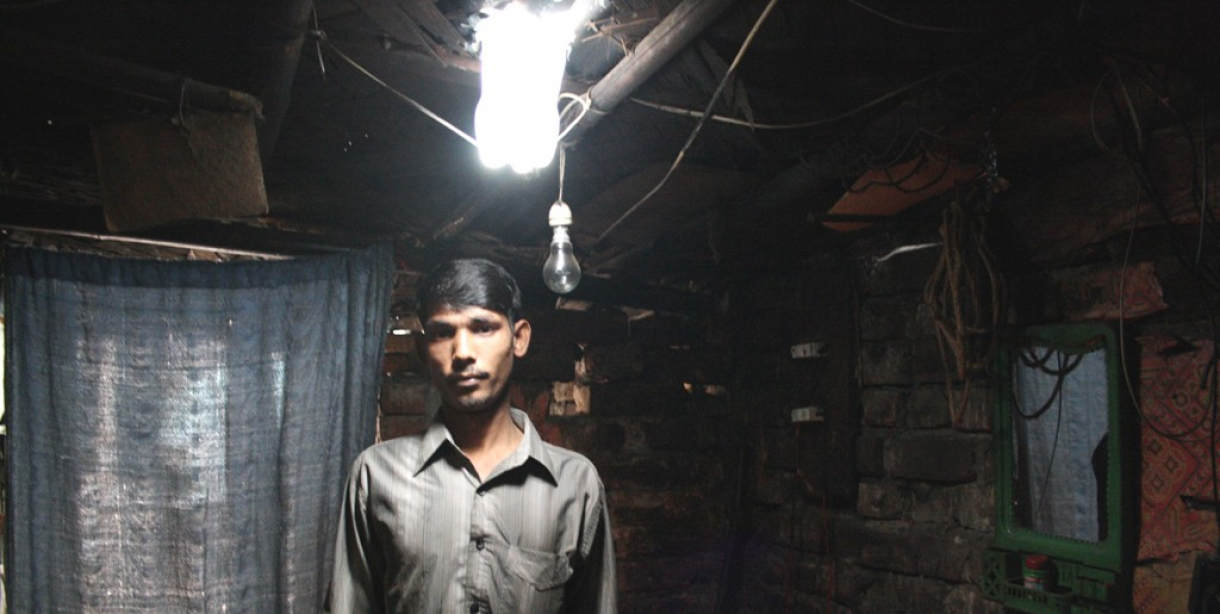Bridging the gap between the developing and the developed world is undoubtedly a difficult task. Where to start? A handful of ambitious faculty members from the University of Huddersfield believe sustainable textile waste management could be the key to success - stitching the fabric of the planet together to create a more sustainable terrain.
It is said that it's possible to reuse/recycle up to 99% of textiles. However, according to DEFRA's Clothing Roadmap, only 24% was recycled or reused in the UK in 2010 and a substantial portion of the rest ended up in landfills in sub-Saharan Africa. Over 80 million kilograms of used clothing were imported into Tanzania from the rest of the world in 2010 alone. This excessive discarding of used clothing has caused a horrific burden on the environment in both the developing and developed world.
There is currently no system for collecting textiles in Tanzania, and like in many other countries, when textiles are no longer wanted the majority is destined for landfills. This results in poor working conditions for waste pickers, long-term greenhouse gas emissions, as well as synthetic materials hampering with water absorption to the soil that collects in stagnant pools, which contributes to the spread of malaria.
Worrisome over the escalating situation in both the UK and Tanzania, Dr Pammi Sinha from University of Huddersfield and Mr Iain Taylor of Sage Automotive Industries, along with other members of University of Huddersfield, put their heads together to come up with a solution that would contribute to a cleaner environment.
What began in 2011, has now developed into Recycle Sub-Sahara - a system to provide better links between textile waste management systems in Tanzania and the UK/Tanzanian textile recycling industry, through better design, collection and sorting processes. Although the design is still in the development stage, the project is set to launch in 2014. Creating this system potentially enables new opportunities for traditional textile recycling and reprocessing industries to be developed. The system links the textiles industries of the developed economies with the developing economies, raising potential for foreign direct investment and inward investments to be made contributing to the economic development and more equitable distribution of wealth across the globe.
Recycle Sub-Sahara improves the quality of life for millions of residents of Dar es Salaam - where solid waste management is a pressing issue. Also it directly improves the lives of more than 400 waste-pickers who work on the Pugu Kinyamwezi landfill site. By utilizing the informal sector of waste-pickers who currently earn money from collecting recyclable materials at the landfill, and diverting their activities to collection in the local community not only improves the pickers’ lives from an environmental perspective, but also adds economic value to the collected materials by discouraging residents from uncontrolled burning of waste clothing.
By having a holistic approach in creating a system that helps from more than an environmental standpoint, Recycle Sub-Sahara provides the hope that there could very well be a solution to the worldwide endemic problem of waste textiles. We see great potential for this model to be transferable to other developing economies and other product areas.




